Shane Briant, actor with vivid memories of playing the handsome villain in decadent Hammer Horror films of the 1970s – obituary
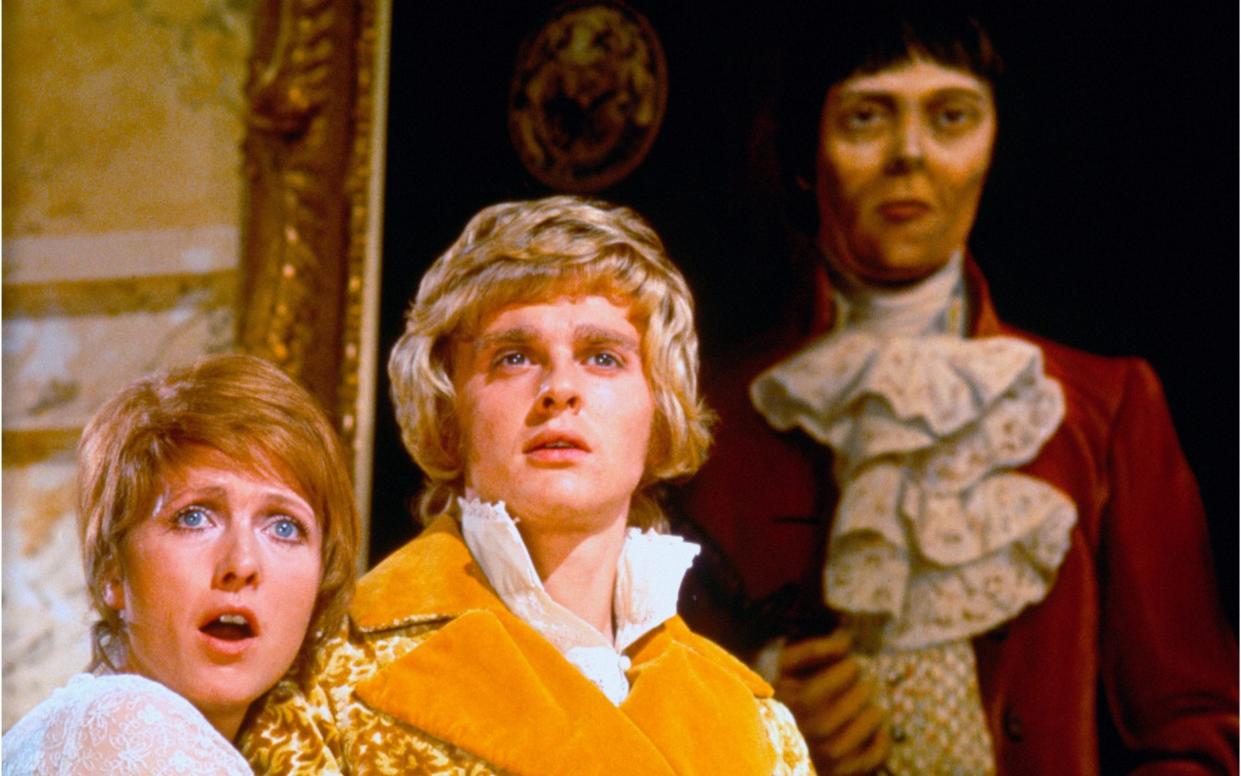
- Oops!Something went wrong.Please try again later.
- Oops!Something went wrong.Please try again later.
Shane Briant, who has died aged 74, was hailed as the new leading villain of Hammer Horror in the early 1970s, but after the studio foundered he emigrated to Australia and became a busy character actor.
With his abundant blond hair and soulful eyes, Briant had an androgynous look that was a departure from the casting of manifestly evil-looking actors in the baddie roles. “I like to think in some ways I broke the Hammer mould,” he recalled.
The last actor to be put under contract at Elstree Studios, Briant began his Hammer stint with Demons of the Mind (1972), a Gothic confection in which he played a young aristocrat addled by generations of in-breeding, who becomes a serial ravager and killer of the local village girls.

It was a characteristically sleazy piece, and Briant recalled that chief concern of the director, Peter Sykes, was the correct way of tearing the girls’ smocks – “rip their blouses down on the right-hand side, so we get a clear view of their right breast – nipple and all”, he was told.
He also did his best not to be put off by the repeated showerings in human blood – out-of-date stocks from a local blood bank.
Briant was another serial killer in Straight On Till Morning (1972), one of the few Hammers set in contemporary times. As the homicidal maniac whom Rita Tushingham falls for, he had a memorable, if gratuitous, scene in which he had to butcher his pet dog with a Stanley knife.
Praising the effective contrast between his “goldilocks good looks” and “steely arrogance”, the doyenne of film critics, Dilys Powell, observed in The Sunday Times: “Mr Briant deserves a better film. So does Miss Tushingham. So, for that matter, does the dog.”
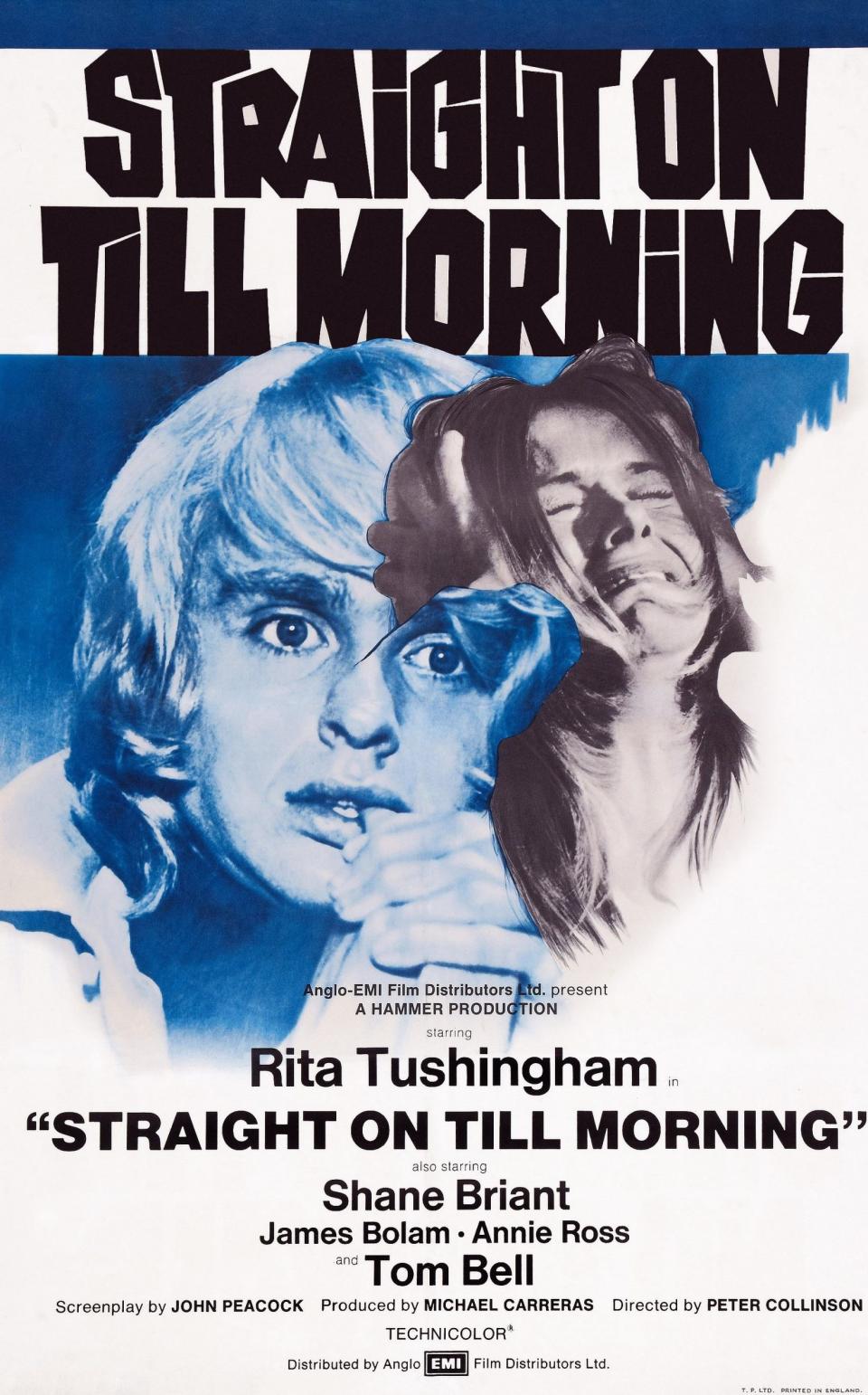
After this lead role he was annoyed to be given an underwritten supporting part in Captain Kronos – Vampire Hunter (1974), in a wig that made him resemble Harpo Marx.
His fourth Hammer film, Frankenstein and the Monster from Hell (1974), was far more satisfactory, with Briant cast as the apprentice to Baron Frankenstein, played by the Hammer veteran Peter Cushing. He formed a close bond with the recently widowed Cushing and did much to support him through filming.
The film’s major drawback was the unsubtly grotesque Monster costume, inhabited by the future Darth Vader, Dave Prowse. “What do you think, Shane?” Prowse asked on the first day of filming. Briant could find nothing to compliment except the convincingly ugly, malformed feet. “The feet are my own,” Prowse replied.
One scene saw Briant sawing open a human head to remove the brain; filming had been delayed by some days, and when he cut into the model cranium he was greeted with the putrid smell of the sheep’s brain that had been placed in it some considerable time before. As there could only be one take, he forced himself not to gag.
Sadly, however, Hammer’s financial travails put an end to the idea of grooming Briant to be a successor to Cushing and Christopher Lee as the studio’s leading villain.

Once out of contract he went to the US to take the title role in a television adaptation of The Picture of Dorian Gray. He also played a heavy in John Huston’s film The Mackintosh Man (1973), and was accidentally rendered unconscious by a blow from Paul Newman’s gun.
He did not care for Hollywood, however, and was happy as a jobbing television actor, appearing as a cult leader in Crown Court (he noted that this production had more views on YouTube than anything else he had done), a villain in The Sweeney, Alexis in John Buchan’s Huntingtower, and Alfred de Musset in the famously corny George Sand biopic Notorious Woman.
His best television part was “Norma”, the cross-dressing prostitute who introduces John Hurt’s Quentin Crisp to the underground London gay scene in The Naked Civil Servant (1975); he was amused to be propositioned by an elderly gent while waiting to shoot a scene in his Norma rig-out.

He was at his sadistic best as Sir Clifford Chatterley, the crippled, bullying husband of Sylvia Kristel’s Constance, in the 1981 film of Lady Chatterley’s Lover. Despite the difficulties of the production – he found it hard to get used to a Belgian Lady Chatterley (Ms Kristel would be dubbed) and fought a constant losing battle to control his authentic period motorised wheelchair – he received better notices than the film itself.
With his Australian partner Wendy, Briant went on a tour to promote the film in the Antipodes. He fell in love with Australia, and settled there for the rest of his life.
Despite his prowess as a screen villain, Briant was amiable, modest and rather shy. On one occasion he suspected that his delectable co-star Gillian Hills was propositioning him when she confided that she had never had a satisfactory orgasm; but, overcome with nerves, he could only respond: “That’s terrible … Have you seen a gynecologist?”
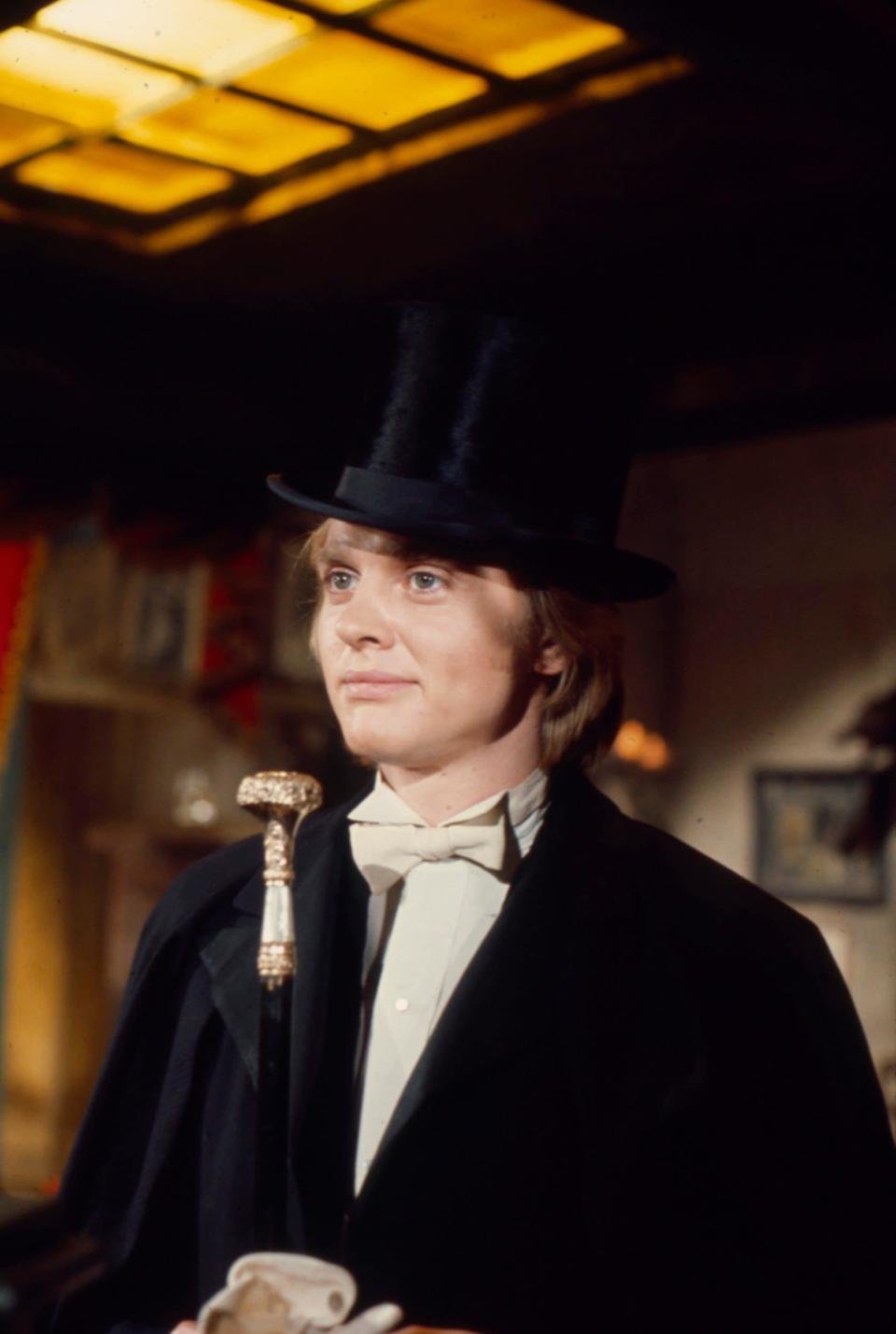
Shane Briant was born in London on August 17 1946. His mother, Elizabeth Nolan, had acted in the West End before the Second World War brought her career to an end, and then became a celebrity interviewer for the News Chronicle. His father, Keith Briant, was an author and poet who worked in public relations for the British Army on the Rhine.
Shane spent much of his early life in Bad Oeynhausen, in a large requisitioned house (its previous owner served as the family’s housekeeper) with a German nanny. To his father’s fury he would speak only German, and when ordered to speak English would reply: “Nein! Ich bin ein kleiner Deutscher!”
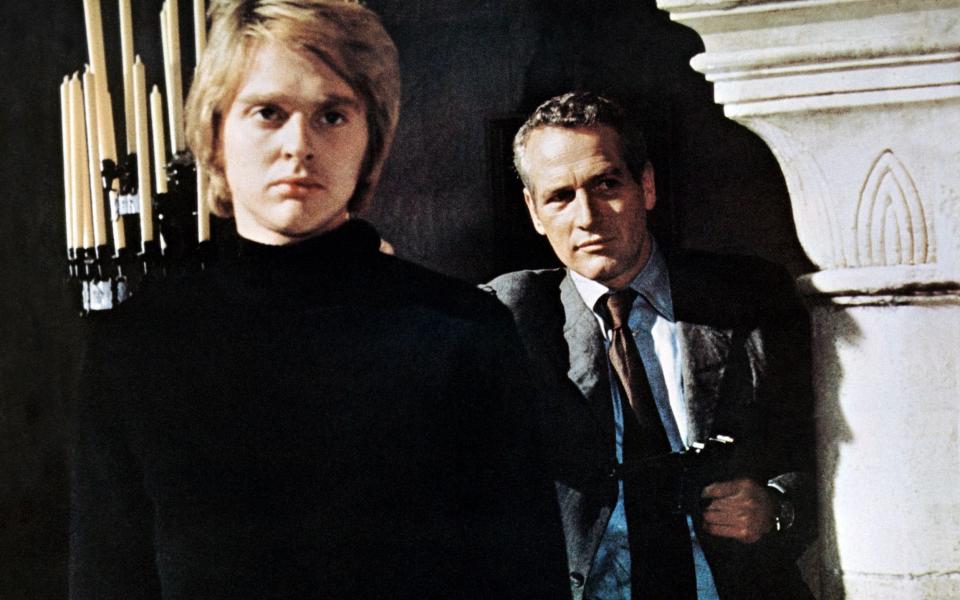
After Haileybury he read Law at Trinity College, Dublin, where he devoted most of his time to the Trinity Players and secured a part as a German pilot in Roger Corman’s film Von Richthofen and Brown (1971).
Although Briant came top of his year in Law, he was set on an acting career. His professional stage debut was as Hamlet at the Eblana Theatre, Dublin, in 1970; he was delighted, at a schools matinee, to wring from one young audience member the plaintive cry: “Oh jeez! Don’t die, Hamlet! Don’t feckin’ die!”
In 1971 he had a huge success at the Dublin Theatre Festival in John Peacock’s Children of the Wolf, as one of a pair of twins who track down and torture the nymphomaniac mother who abandoned them 20 years earlier.
It transferred to the Apollo Theatre in London, and although the run was short he was nominated for a best newcomer award, and more importantly caught the eye of the Hammer supremo Michael Carreras, who was struck by his capacity for winsome-looking sociopathy.
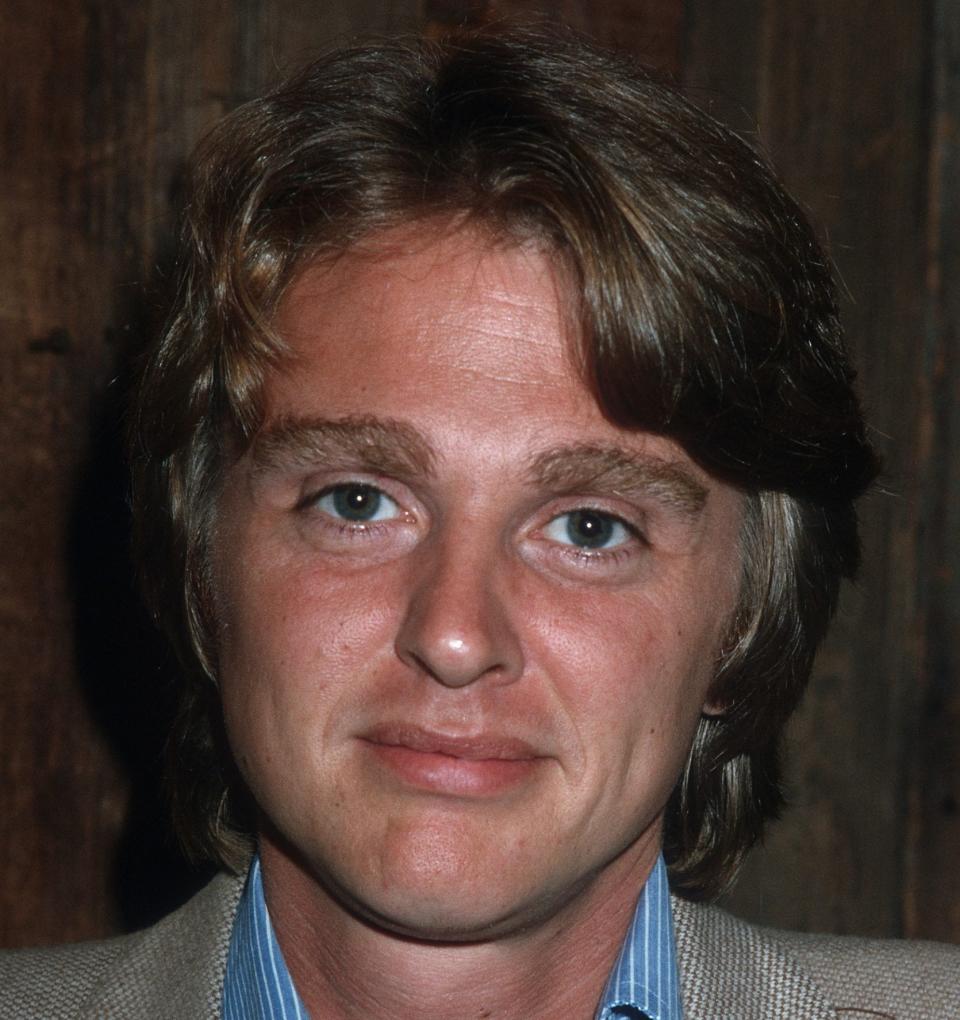
Latterly he appeared in dozens of films and television series in Australia and New Zealand. He also played the psychiatrist in Equus, opposite the young David Wenham as the troubled teenager, at the Glen Street Theatre outside Sydney in 1987. Among his later international roles was the Governor of Bombay in Roland Joffé’s time-travel romance Singularity (2013).
In the 1990s Briant launched a second career as a novelist with two thrillers, The Webber Agenda and The Chasen Catalyst (his publisher told him to think of titles that would make them sound like Robert Ludlum novels). Several more well-received novels followed, as well as his autobiography, Always the Bad Guy (2011).
Shane Briant married Wendy Lycett in 2005 after three decades together; she survives him.
Shane Briant, born August 17 1946, died May 27 2021

